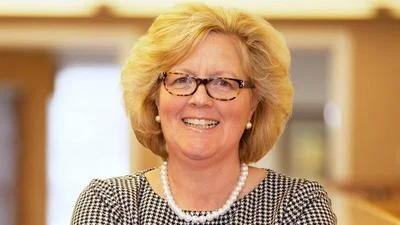David Harris Commissioner of Revenue at Illinois Department of Revenue | Illinois Department of Revenue
David Harris Commissioner of Revenue at Illinois Department of Revenue | Illinois Department of Revenue
Randolph County has been issued a tentative property assessment equalization factor of 1.0000, as announced by David Harris, director of the Illinois Department of Revenue (IDOR). This equalization factor, also known as the "multiplier," ensures uniform property assessments across counties, which is mandated by law.
The necessity for such equalization arises because some of Illinois's 6,600 local taxing districts span multiple counties, such as school districts and fire protection districts. Without this process, taxpayers with comparable properties could face significant inequities.
In Illinois, state law mandates that properties be assessed at one-third of their market value. However, farm properties are assessed differently; while farm homesites and dwellings follow regular procedures, farmland and buildings are evaluated based on productivity standards.
Annually determined for each county, the equalization factor compares the sales price of individual properties over the past three years to their assessed values set by the county assessor. If this three-year average level aligns with one-third of market value, the multiplier remains at one (1.0000). Deviations from this ratio result in adjustments above or below one.
For Randolph County, assessments have been recorded at 33.38% of market value based on property sales from 2021 through 2023. The current tentative multiplier applies to taxes for 2024 payable in 2025. Notably, last year's equalization factor was also set at 1.0000.
This tentative factor may change if significant actions by the County Board of Review impact assessments or if new data suggests adjustments are necessary. A public hearing on this tentative multiplier will occur between 20 to 30 days after its publication in a local newspaper.
It's important to note that changes in the equalization factor do not directly affect total property tax bills. These bills depend on local taxing bodies' annual funding requests for services provided to citizens. If these requests do not exceed previous years' amounts, overall property taxes remain unchanged despite potential assessment increases.
The assessed value of individual properties determines each taxpayer's share of the tax burden but is not altered by changes in the multiplier.


 Alerts Sign-up
Alerts Sign-up